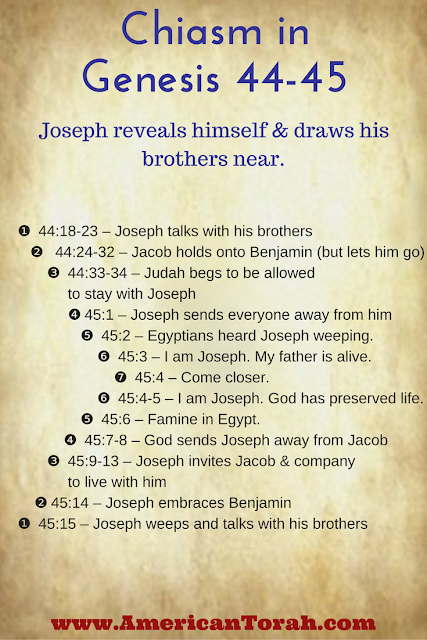Bullinger's Number in Scripture says that the number 70 "signifies perfect spiritual order carried out with all spiritual power and significance" because it is 7 (spiritual perfection) multiplied by 10 (order). I believe he's correct, but possibly not in the precise way that he thought. Look at these 70s:
- 70 nations of Genesis 10
- 70 persons of the house of Jacob in Genesis 46:27
- 70 days of mourning by the Egyptians for Jacob in Genesis 50:3
- 70 anointed elders of Israel in Numbers 11
- 70 palm trees in Numbers 33:9
- 70 kings subdued by Adoni-bezek in Judges 1:7
- 70 sons of Gideon in Judges 8:30
- 70 silver paid to Abimelech to depose the sons of Gideon in Judges 9:4
- 70 sons of Abdon the judge in Judges 12:14
- 70 men struck by God for mishandling the Ark in 1 Samuel 6:19
- 70 sons of Ahab in Samaria in 2 Kings 10
- 70 Shemitot not observed by Israel in 2 Chronicles 36:21
- 70 years of life in Psalm 90:10
- 70 years that Tyre will be forgotten in Isaiah 23
- 70 years for the days of a king in Isaiah 23:15
- 70 years to serve the king of Babylon in Jeremiah 25
- 70 elders of Israel in Ezekiel 8:11
- 70 cubits for the building wall in Ezekiel 41:12
- 70 years of exile in Daniel 9:2
- 70 weeks of judgment in Daniel 9:24
- 70 years of judgment in Zechariah 1:12 and 7:5
- 70 disciples sent out by Yeshua in Luke 10
I see two common themes in almost all of these instances, and they do seem to be associated with divine order imposed on the affairs of mankind:
First, seventy represents the delegation of authority. God delegated authority to the 70 elders of Israel, while judges and kings delegated authority to their 70 sons, and Yeshua delegated authority to 70 disciples. Several times, God assigned one people to punish another for a period of 70 years or 70 weeks, effectively delegating his authority for a period of 70 units of time rather than to 70 individuals.
Second, seventy represents the transformation of patriarchs into nations. Noah became 70 nations in Genesis 10 and Jacob grew from one man who left Canaan to four wives who bore twelve sons and finally to seventy descendants who entered Egypt. This might even constitute another kind of delegation.
Of course, these two possibilities don't explain every instance of the number seventy. For example, what are the 70 cubits measured in Ezekiel 41:12? A metaphor of the 70 elders, perhaps?




